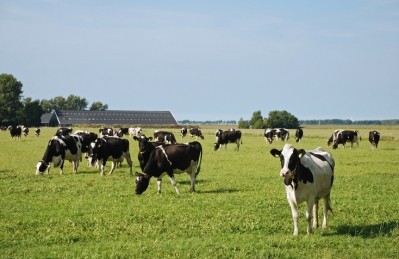Kemin joins GFLI: ‘Data-driven decisions key to more sustainable industry’

Stefaan Van Dyck, president, Kemin Animal Nutrition and Health, Europe, Middle East, North Africa, has also been appointed vice chair of GFLI’s board of directors; that body is responsible for developing GFLI’s strategic goals.
Product manager, Diego Martinez del Olmo, has been named a member of the GFLI Technical Management Committee (TMC). The TMC focuses on the technical aspects of the GFLI database and provides input on the methodology.
Both will serve two-year terms.
“We decided to join GFLI, as its database on environmental impact is crucial for accurate and reliable data. Making data-driven decisions is key to a more sustainable industry, and through our membership in GFLI we’re able to join with our customers for a lower carbon footprint in all operations,” commented Van Dyck.
Life cycle impact assessments, he stressed, must look at the complete value chain, from raw materials to the end-product.
Feed companies such as De Heus, Agrifirm, ForFarmers, and AB Agri, among others, have already joined GFLI as members. There are a raft of animal nutrition companies involved as well including DSM, BASF, and Evonik.
Carbon footprint
Feed ingredients and nutrients play a crucial role in improving feed efficiency, according to Van Dyck.
“If we can reach precision feeding with specific feed micronutrients, we can create better feed efficiency and reduce CO2-equivalents (eq) per kilogram of food produced (i.e., eggs, milk, meat). Improving efficiency in operations also reduces other greenhouse gases.
“With better feed efficiency, we can decrease the nitrogen and phosphorous emissions and methane excretion per unit of food produced.”
Feed micronutrients also offer other advantages, as they help produce feed in a more efficient way, saving on water, using less land and less fertilization of feed crops to reduce the use of fossil fuels and uncontrolled waste, added the Kemin executive.









